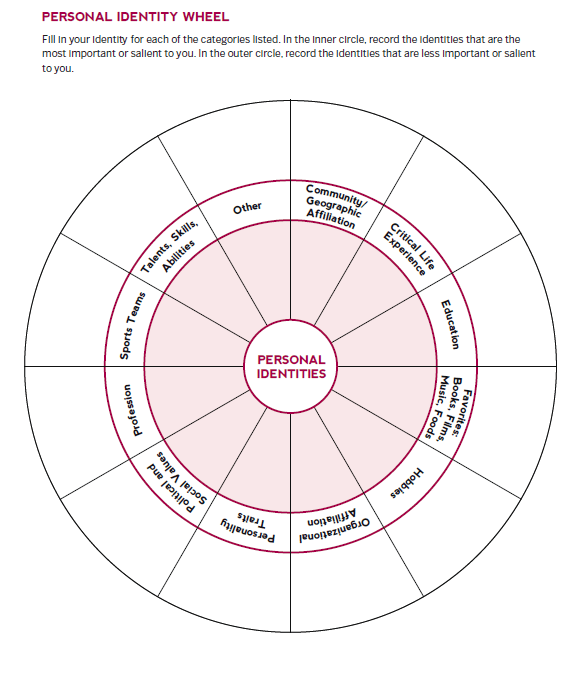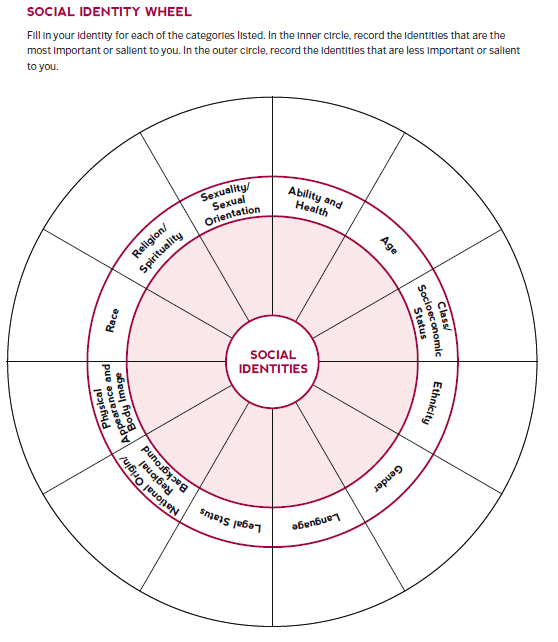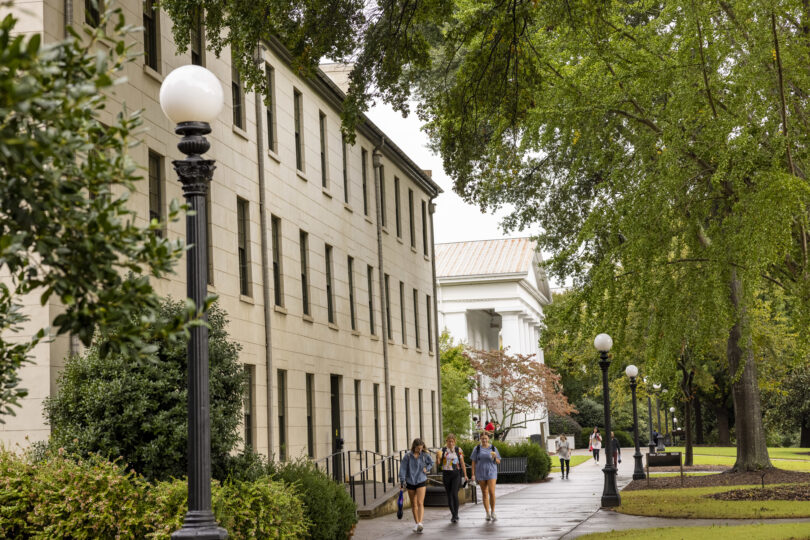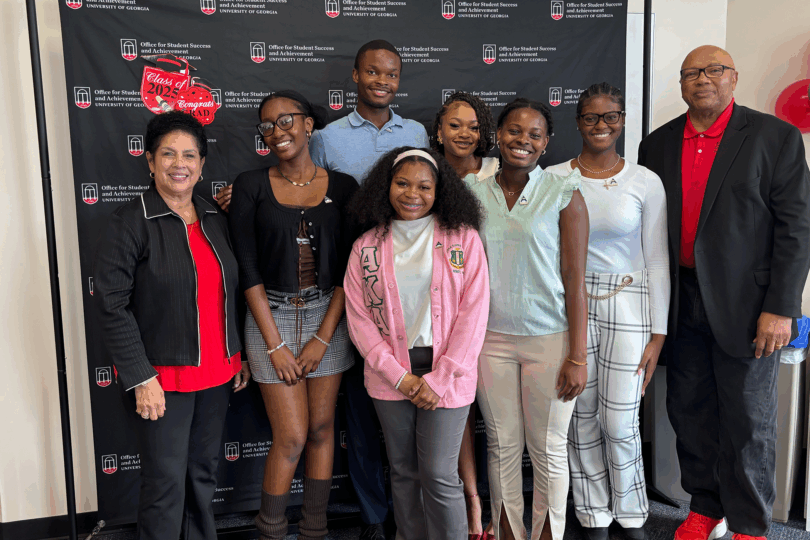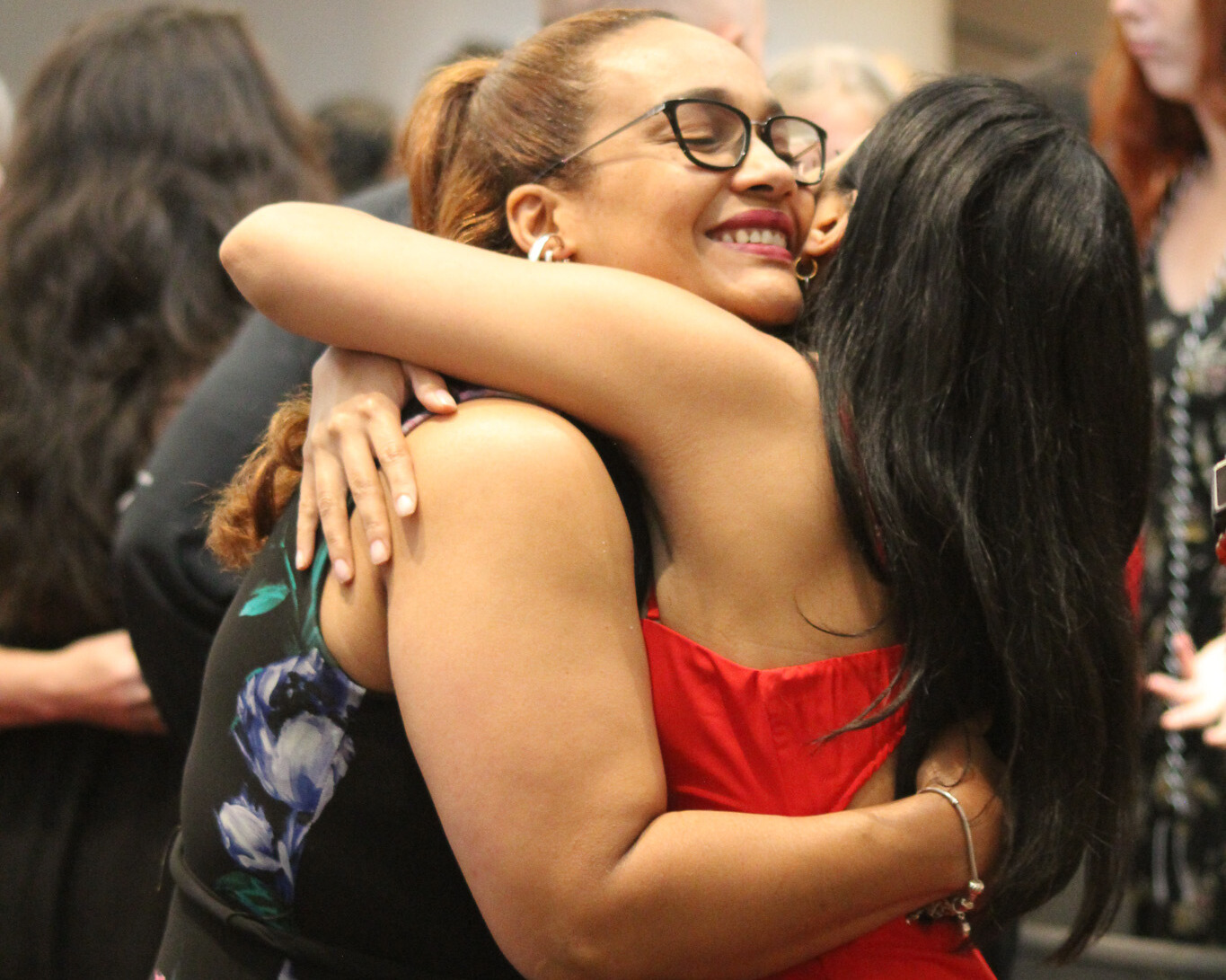Throughout this whole process of your return to UGA and your return to your academics, and the revamping of your mindset and approach to your studies, it is important to also recognize who you are as a person. In this module we will work on addressing identity development and identity recognition – where you can confidently and definitively say who you are and who you want to be. For some this may be a challenge to evaluate your self-identity. For others they may not yet know who they want to be, and that is ok. The intention of this module is to help you establish who you are as an individual and recognize all that you bring to the table.
I hope this module is helpful and enlightening.

